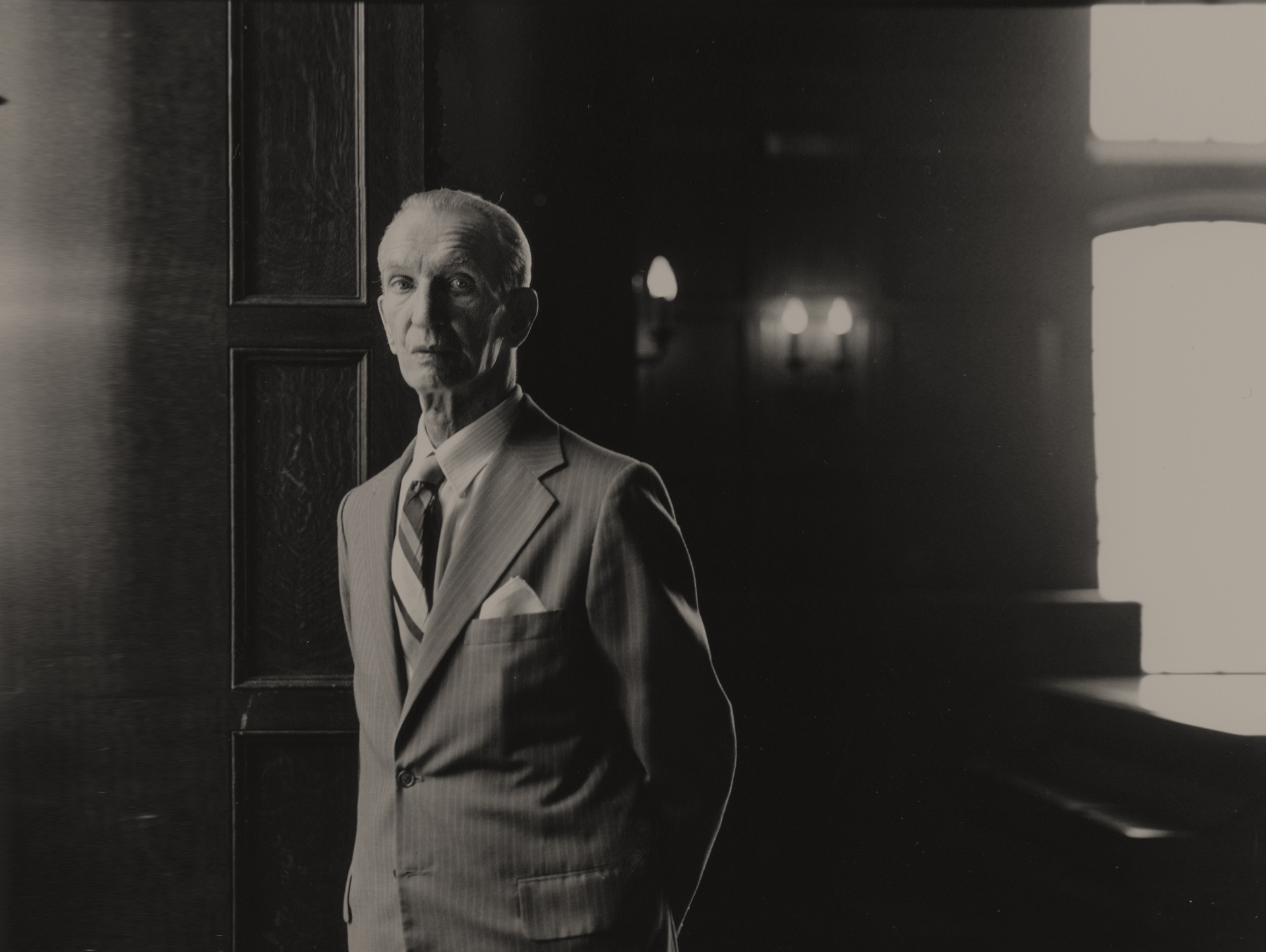
Molotov-Ribbentrop Pact—treaty of non-aggression between the Soviet Union and the Third Reich signed by Foreign Ministers Joachim von Ribbentrop and Vyacheslav Molotov on August 23, 1939. The treaty included a secret protocol which divided the spheres of Russian and German influence in the event of war, including dividing the sovereign Polish State.
Operation “N” (Polish: Akcja N) — detrimental propaganda disseminated by the Polish Home Army among the Germans. Operation “N” was carried out by spreading German-language publications containing false information about anti-Nazi opposition in Germany, and signed as if they had come from German underground anti-Nazi groups.
Oświęcim (German: Auschwitz) — city in southern Poland, location of the notorious Nazi concentration camp.
Pawiak — Polish name for a prison located on Pawia Street in Warsaw. During the German occupation, it served as the Gestapo’s prison and it was the biggest political prison in the occupied Poland (approximately 100,000 prisoners passed through its cells). Besides Pawiak, other prisons which were infamous for especially atrocious treatment of their prisoners were located at the following places: Montelupich in Kraków, Lublin Castle (Polish: Zamek Lubelski), Firlej in Radom, Fort VI in Poznań, Rotunda in Zamość and Radogoszcz in Łódź.
Provisional Government of National Unity (Polish: Tymczasowy Rząd Jedności Narodowej /TRJN) — a body established as a result of the treaty at the Yalta Conference by the President of the State National Council (Polish: Krajowa Rada Narodowa/KRN) Bolesław Bierut on June 28, 1945 to govern the Republic of Poland. The agreement to form a coalition between leaders of the State National Council, the Provisional Government of the Republic of Poland and Stanisław Mikołajczyk’s faction of expatriate politicians was reached in June of 1945 in Moscow. The Provisional Government was to be recognized by western Allies. Edward Osóbka-Morawski, leader of the Polish Socialist Party (Polish: Polska Partia Socjalistyczna), became its first prime minister.
Pseudonym — a name or nickname used by Underground activists in order to hide their true identity.
Radio station Świt (English: dawn) (also called Anusia) — Polish radio station located in Great Britain, which transmitted radio programs addressed to Polish citizens in German-occupied Poland from 1943–1944. Its exact location was kept secret and known only to its employees, to the Commander-in-Chief of the Polish Home Army and to the head of the Directorate of Civil Resistance (Polish: Kierownictwo Walki Cywilnej). Świt’s task was to simulate a radio station set on the Polish territory and foster more effective anti-Nazi propaganda. Stefan Korboński, Head of the Directorate of Civil Resistance, was responsible for providing current news from occupied Poland.
Reptile press (Polish: prasa gadzinowa) — Polish language newspapers supported by General Government authorities and considered by the general public to be a form of collaboration with the occupants. The most recognized reptile press newspapers were: The Warsaw New Courier (Polish: Nowy Kurier Warszawski) and The Krakow Messenger (Polish: Goniec Krakowski).
Round up (Polish: łapanka) — one of the ways in which German authorities terrorized people in Nazi-occupied Poland. German police would round up masses of random civilians on the streets of a city, then arrest them and either send to forced labor camps in Germany, deport them to concentration camps or keep them hostage, later subjecting them to mass executions.